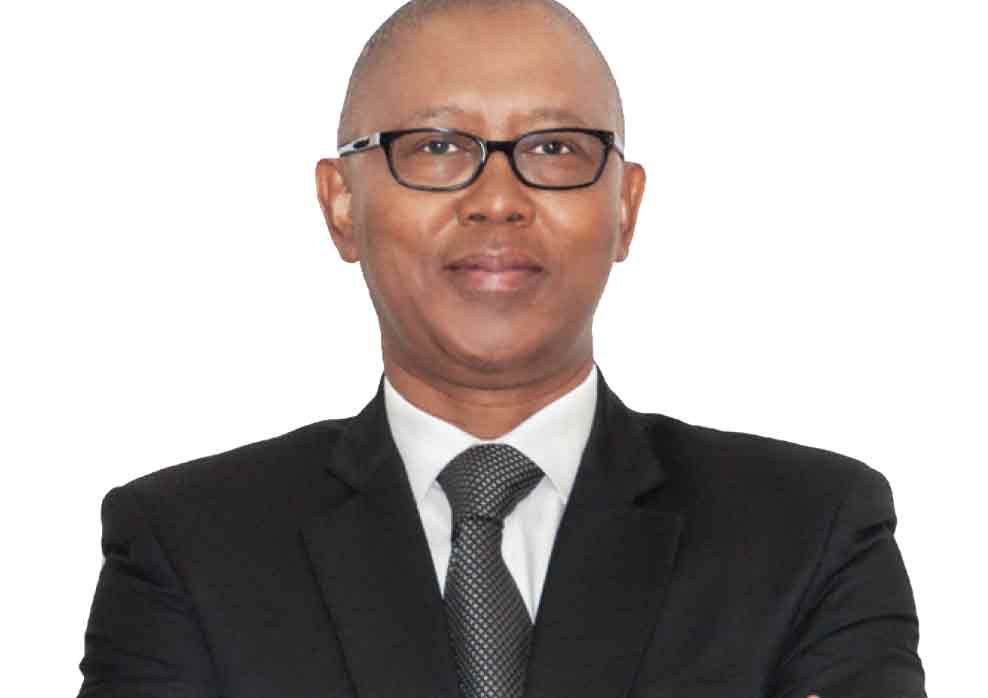As new broom, Dr. Thapelo Matsheka comes in as Minister of Finance and Economic Development at a time when Botswana faces fiscal challenges.
Botswana is a small, resource-rich, middle-income country with slowing yet volatile growth and wide income disparities.
For the past decade, Botswana has outperformed peers in respect to average growth, but it performed in line with peers during the commodity shock-induced slowdown in 2015-16. Because of its small size and lack of diversification, the sovereign has one of the most volatile growth rates among similarly rated peers and also relative to other small Southern African Customs Union (SACU) countries.
The high volatility of Botswana’s real GDP growth constrains its economic strength.
Botswana’s $17 billion (over P170 billion) economy relies on the diamond industry and the public sector. With GDP per capita on a purchasing power parity (PPP) basis of above $17,000 in 2017, the World Bank has classified Botswana as an upper-middle-income country since 1991.
While diamonds have been central to Botswana’s economy as the largest contributor to GDP, export earnings and government revenues, times are changing, and the diamond will no longer give increased value to government. Botswana is now a mature diamond producer – having been doing so for almost 50 years – which means that diamonds are no longer a major driver of growth, although they continue to play an essential role in providing the foundation for the economy, government spending and the balance of payments. This means that Dr. Matsheka will have to fund national projects yet with little in his coffers. Unless government’s diversification and Foreign Direct Investment efforts bear fruits, the Minister of finance will face challenges. Of recent, budget deficits are bulking up, foreign reserves are depleting while unemployment is also high.
National development projects need funding from the little funds available. All this will give Dr. Matsheka a headache.
Besides limited diversification away from diamonds, slow public sector reform and a limited manufacturing sector hamper competitiveness and job generation.
Although Botswana’s unemployment rate of 17.7 percent is lower than other Southern African middle income countries, it nevertheless prevents the country from reaping the potential demographic dividend associated with its youthful labour force as population growth declines.

